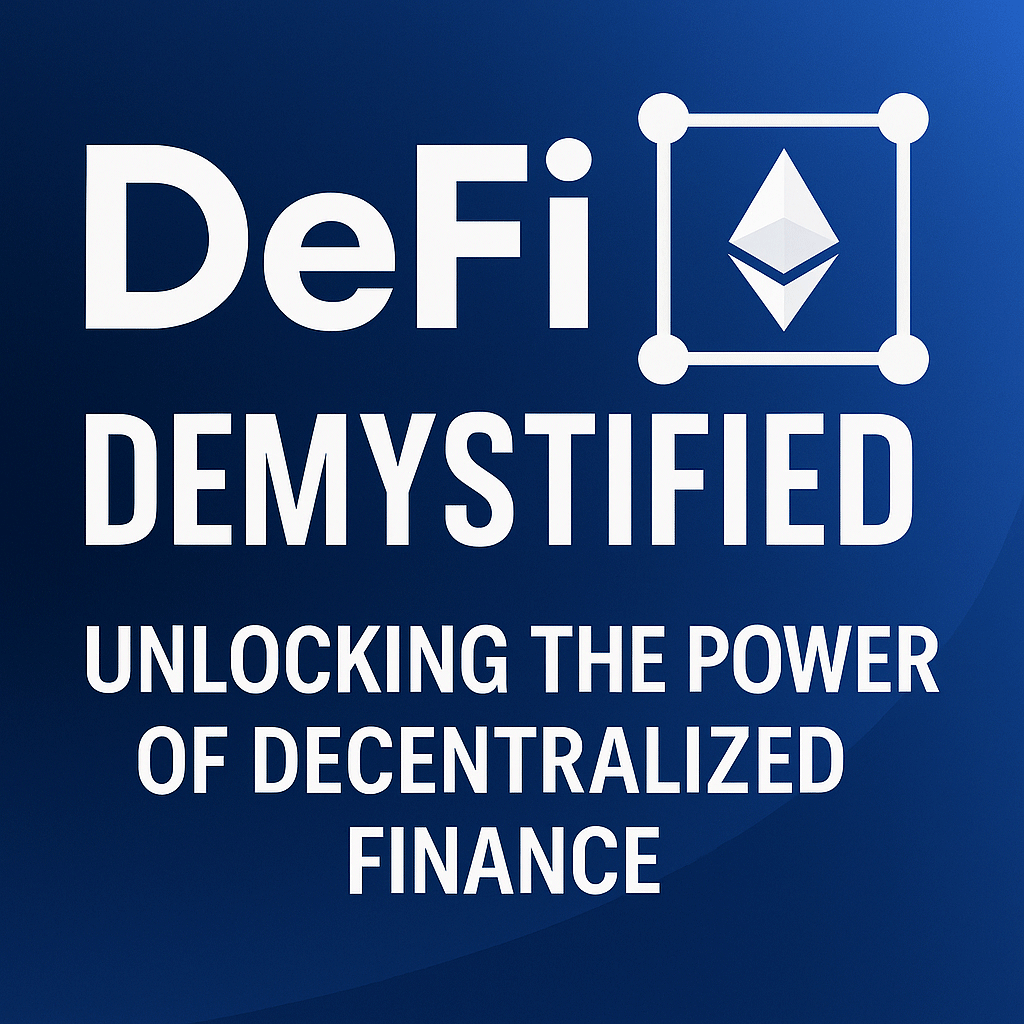Decentralized Finance (DeFi) has emerged as a transformative force within the cryptocurrency ecosystem. As the financial world explores the potential of blockchain, DeFi has become a leading example of how decentralized systems can reshape traditional financial services. But what exactly is DeFi, and why is it crucial to the future of crypto?
What is DeFi?
DeFi, short for decentralized finance, refers to a system where financial products are available on a public decentralized blockchain network. Unlike traditional finance, DeFi does not rely on intermediaries such as banks or brokerages. Instead, it uses smart contracts on blockchains like Ethereum to execute financial transactions.
Key Components of DeFi
DeFi Platforms
DeFi platforms provide services such as lending, borrowing, trading, and earning interest on crypto assets. Notable platforms include Aave, Compound, and Uniswap. These services are accessible to anyone with a crypto wallet and internet connection.
Smart Contracts
Smart contracts are self-executing agreements written in code. They automatically enforce the terms of a contract when certain conditions are met, eliminating the need for intermediaries.
DeFi Tokens
Tokens such as UNI, AAVE, and COMP are native to DeFi platforms. These DeFi tokens often play roles in governance, liquidity provision, and staking mechanisms.
Benefits of DeFi
- Accessibility: Anyone with internet access can participate, regardless of geography.
- Transparency: All transactions are recorded on a public ledger.
- Control: Users maintain control of their funds without needing third-party approval.
Risks and Challenges
Despite its advantages, DeFi comes with significant risks:
- Smart Contract Bugs: Code vulnerabilities can be exploited.
- Regulatory Uncertainty: The evolving legal landscape poses challenges.
- Volatility: Crypto assets are inherently volatile, affecting DeFi stability.
DeFi vs CeFi
Centralized Finance (CeFi) operates through intermediaries and regulated entities, offering consumer protections and traditional oversight. In contrast, DeFi provides more freedom and innovation but less regulatory security.
Future of DeFi
The DeFi ecosystem is rapidly evolving. With increasing adoption and innovation, areas like DeFi insurance, cross-chain interoperability, and decentralized autonomous organizations (DAOs) are gaining traction. As the technology matures, it is expected to integrate further with mainstream financial systems.
Useful Resources
Internal Links
- Smart Contracts in 2025: Revolutionizing Automation and Trust
- Tokenomics in 2025: How Crypto Tokens Gain and Sustain Value
FAQ
What does DeFi stand for?
DeFi stands for Decentralized Finance, referring to financial services built on blockchain technology without central intermediaries.
How do DeFi platforms work?
They use smart contracts to provide services like lending, borrowing, and trading. Users interact directly with these contracts using digital wallets.
Is DeFi safe?
While DeFi offers many benefits, it also carries risks such as smart contract bugs and lack of regulation. Users should conduct thorough research before participating.
Can DeFi replace traditional finance?
DeFi has the potential to complement and disrupt parts of traditional finance but may not fully replace it due to regulatory and scalability challenges.

 Bitcoin
Bitcoin  Ethereum
Ethereum  Tether
Tether  XRP
XRP  USDC
USDC  JUSD
JUSD  TRON
TRON  Lido Staked Ether
Lido Staked Ether  Dogecoin
Dogecoin